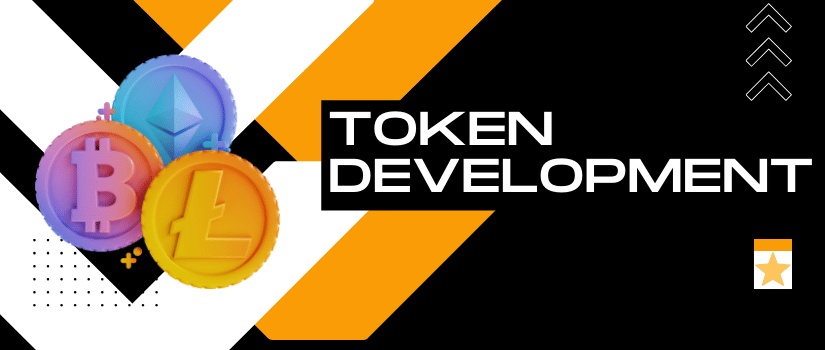Crafting a token involves outlining its purpose (like usefulness, investment potential, or voting rights) and its place within the larger system. This means defining its unique features and functionalities. It also requires designing the token's economic model (how it functions financially), including the total number of tokens, how they'll be distributed, and how supply might increase or decrease over time. Additionally, consider what motivates people to hold or use the token. On the legal side, research relevant regulations and consult with legal professionals to ensure compliance with complex rules. This comprehensive process guarantees the creation of a functional, secure, and legally sound digital token.
Crafting tokens is a cornerstone of building successful blockchain and cryptocurrency ventures. These tokens are digital assets residing on a blockchain, essentially acting as digital certificates of value, ownership, or privileges. The process of creating a token involves outlining its capabilities, selecting the most suitable blockchain platform, writing self-executing contracts (smart contracts), and finally launching the token.
Selecting the right foundation for your token is crucial in token development. This choice hinges on several considerations, including how fast transactions occur, the associated fees, and the strength of the platform's user community. While Ethereum is famous for its powerful smart contract features, other options like Binance Smart Chain or Solana might offer distinct advantages.
Equally important in token development is picking the appropriate token template. On Ethereum, for instance, ERC-20 caters to interchangeable tokens, while ERC-721 is the standard for unique tokens. This decision hinges on the specific functionalities your token requires, laying the groundwork for its usefulness and compatibility within the chosen blockchain environment.
Token development process involves following some key steps
1. Conceptualization and Planning
2. Choosing a Blockchain Platform and Designing the Token
3. Smart Contract Development and Testing
4. Security Audit and Deployment
5. Post-Deployment Activities and Community Building












